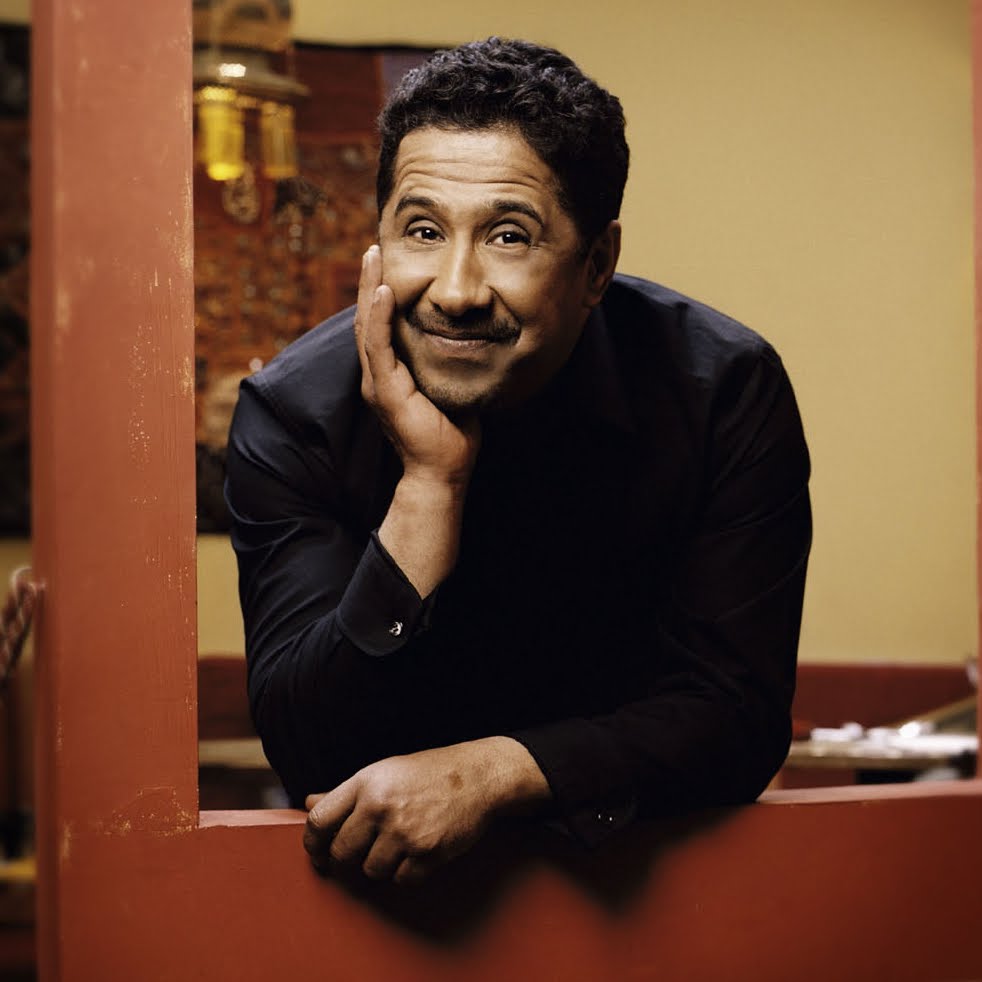

The one, enduring and distinctive feature of raï is its situational quality of opposition to whatever dominant regime is in place that dictates limits to people’s freedom, whether that be the French colonial regime, the post-independence regimes, Islamic fundamentalism, or anti-Algerian discrimination in France. Nor is it fixed to any one place any longer, having become a transnational phenomenon that emerged from a locale that, of course, was itself at the crossroads of numerous Mediterranean cultures, ranging from Arab to Berber, to Jewish, French and Spanish. In fact, raï has varied and transformed so much over the decades that it is hard to delimit its boundaries: there is no fixed subject matter, no typical or emblematic instruments, and even the gender of the performers has shifted from female dominance in its early history, to male dominance in the present. The raï phenomenon is part of a Mediterranean mélange that defies easy categorization.

Just as folk who live comfortably within the cultural pale in America wince when they hear words like “bitch” and “uzi” coming from the mouth of a rap artist, so the cultural muftis of the Maghreb turn red when they hear tales of drunkenness, despair, sex, and hedonism from the lips of a teenage cheb. And for both, their paths to international fame have been littered with controversy and misunderstanding.

They are the musical styles most favoured by the dispossessed in their respective countries, by those who have little to lose and a lot to say. They antagonize the values of “decent” society and the cultural mainstream. They value lyrical improvisation and “borrow” musical ideas from many sources if and when necessary. As it turns out, that is a superficial and distant reading of a phenomenon that might be better compared to rap:Īmerican rap and Algerian raï are both styles born out of a strong local culture which use the language of the street to express opinions about street life. On the surface, and in numerous videos, Raï appears to be little more than party music, a pop variety from North Africa, with little overt sense of being subversive, critical, or even particularly opinionated despite the literal meaning of its name. Khaled is the man who brought north-African music to a new audience in Europe, shaking up the pop scene in France and becoming as influential as Bob Marley in the process.Ĭheb Khaled, dubbed the King of Raï, is perhaps the most prominent star of this wonderful Algerian musical phenomenon known as Raï (which means “opinion”). You’d never guess that he is “the king of raï”, and one of the greatest celebrities of the Arab world. In his black jeans and striped shirt, Khaled resembles the stocky boss of some Algerian trucking company.


 0 kommentar(er)
0 kommentar(er)
